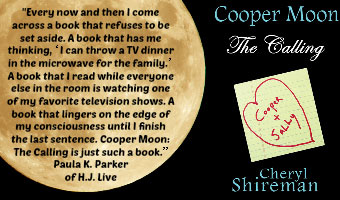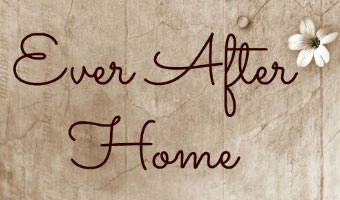 Imagine going alone to a secluded lake cabin to redefine your life. In this stunning debut novel by writer Cheryl Shireman, the main character, Grace Adams, is a woman who faces an uncertain future. Despite the fact that she built her life around them, her daughter and husband have created lives that no longer include her. Thought provoking, sometimes frightening, and often funny, Life Is But a Dream is the story of a woman redefining herself and taking control of her life as she struggles to understand her present circumstances. It is the story of the power of love, the devastating consequences of depression, and the strength of the human spirit.
Imagine going alone to a secluded lake cabin to redefine your life. In this stunning debut novel by writer Cheryl Shireman, the main character, Grace Adams, is a woman who faces an uncertain future. Despite the fact that she built her life around them, her daughter and husband have created lives that no longer include her. Thought provoking, sometimes frightening, and often funny, Life Is But a Dream is the story of a woman redefining herself and taking control of her life as she struggles to understand her present circumstances. It is the story of the power of love, the devastating consequences of depression, and the strength of the human spirit.
Ready to get lost in the pages of a novel? Life is But a Dream will capture your attention from the first word to the last. Be swept away today! And be sure to check out the sequel: Life Is But A Dream: In the Mountains!
BUY AT AMAZON: Life is But a Dream: On the Lake (Grace Adams Series)



